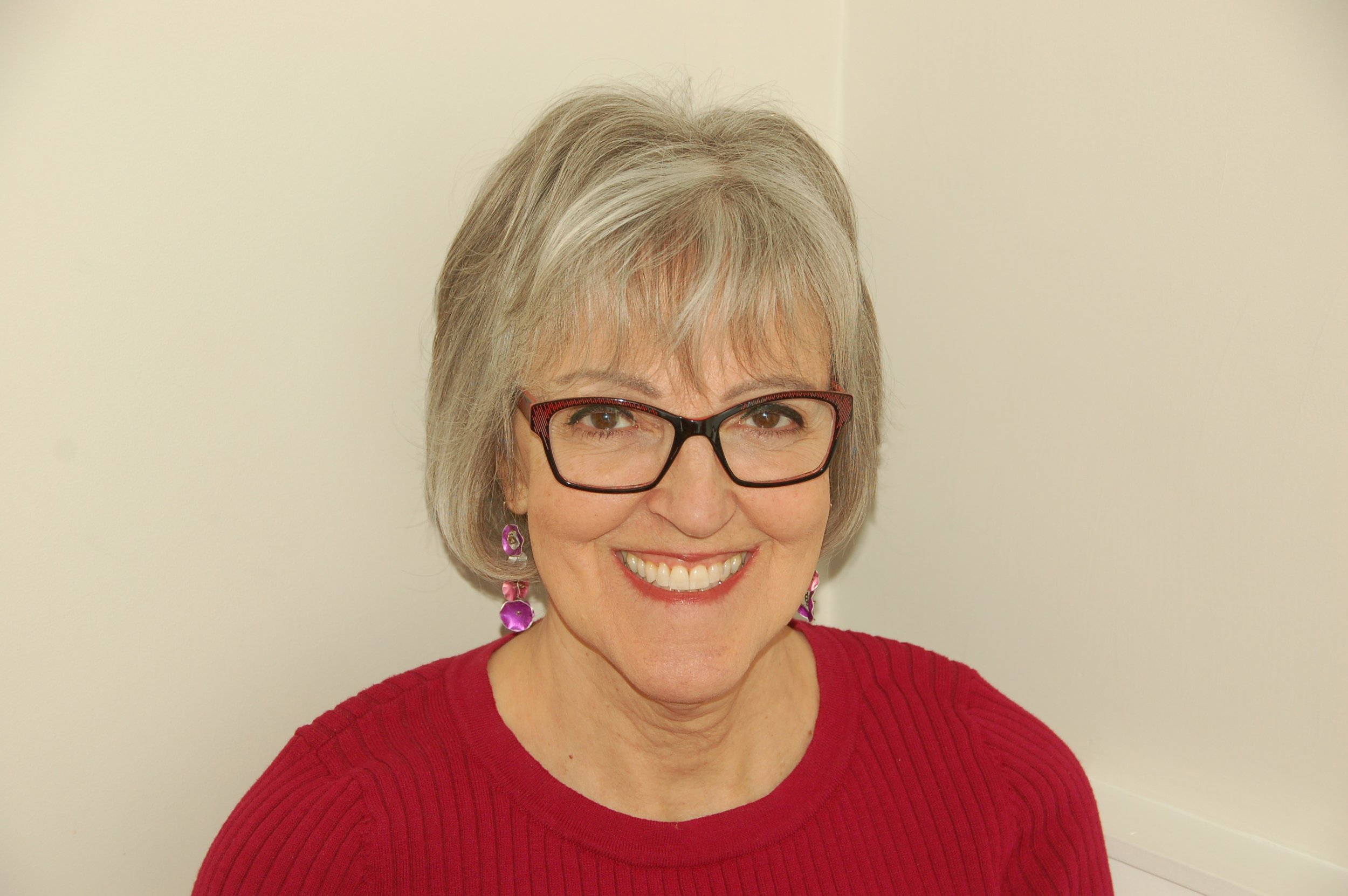Field Notes: An Uneasy Legacy by Elizabeth Reed
Blood Lines by Ann Bookman
What's it like to carry a ticking time bomb in your body? What kind of battle are you fighting and does that make you a warrior? Women with the BRCA 1 or 2 genes fight battles of limbo, fear, and ancestral memory. Of the four generations of women on her mother’s side, Ann Bookman is the first to reach the age of sixty. She addresses this uneasy legacy in her book, Blood Lines. She shows us that generational history gives comfort, too, in her poem, “Birthright:” “When my body becomes a warzone of fear, fatalism and bleak prediction, I recall where I lived before I was born.” Bookman focuses on the (non-genetic) maternal inheritance that is stitched between generations: strong and independent women who honored Jewish traditions, developed artistic talents and loved family life.
Bookman’s poems explode with emotion in unexpected outcomes. In “Rock, Paper, Scissors,” the last line punches readers in the gut, maybe in the same way this once-teenaged poet felt after her mother has explained her mastectomy: “I grabbed a scissors from my desk drawer/cut out their breasts, one by one/ page after page.” The words narrate the author’s anger expressed by violating other women’s forms.
A gene becomes a living thing under Bookman’s pen. That double-helix makes the fear she lives with in “the Double D—a decade of diagnosis” (“Protective Factors”) as she enters midlife. It is the “Knotted Cord” of memories, stories, and genes that she carries from her great-grandmother and grandmother, her mother, and her aunt. She faces the limbo of knowing her daughter also has the BRCA gene mutation in “But Not This.”
The poet’s mother was a sculptor. Bookman paints portraits with words. In “Clay” her mother creates a clay sculpture of the poet’s face, “Everyone said we looked alike/I did not see the resemblance” carries an undercurrent of irony. No one knew then of their genetic resemblance.
Water is a recurring element in her poems. “Reach, Fall, Fathom” is a triptych of respite and turmoil through water. What better way to describe the loss and connection to the long-gone women of her family? She’s paddling a canoe among lily pads when her grandmother’s heirloom ivory comb falls into the muddy water. Bookman’s own struggle to savor life in spite of the struggles she’s faced glimmers. She revels in the freshness of an open air shower when she falls on the slippery stone tiles—and her openness to whatever lies ahead—she waits, barefoot, for a seaward journey on “an empty vessel/no oar/no anchor.” Readers interested in reading poetry about living life to the fullest in the face of uncertainty will value this collection.
Ann Bookman’s Blood Lines can be purchased here.
Artist’s Statement
As a three-time cancer survivor and parent of a child with Juvenile Arthritis, Betty believes in adjusting, not giving up on, goals. Writing and music are her safe havens and humor is her saving grace.
Elizabeth (Betty) Reed is a writer, musician, activist and traveler. She is writing a memoir about surviving leech attacks in Sumatra and other adventures in marriage and parenting. Her work has been published in The Boston Globe Magazine, The Rumpus, Parents, and other journals. For more information, please visit her website: bettyreedwrites.com


